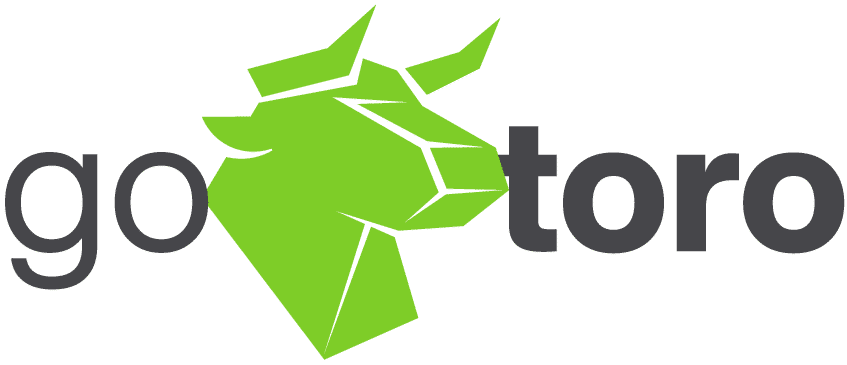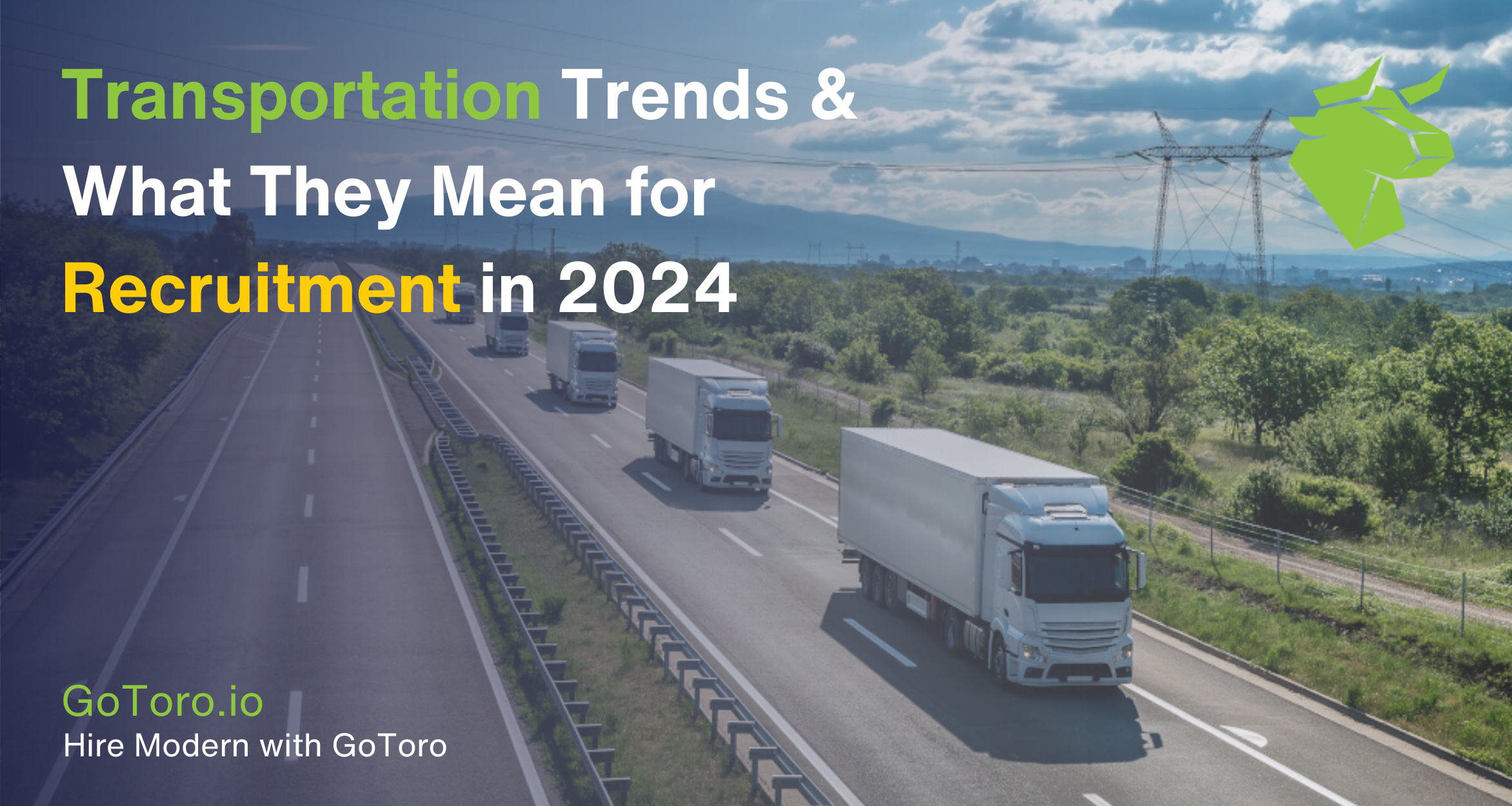Overview of the Transportation Industry’s Evolution
The transportation industry has undergone significant transformations over the past few decades, driven by rapid technological advancements, evolving economic patterns, and shifting consumer demands, all of which have significantly influenced transportation recruitment. From the days of rail and road dominance to the current era of digitalization and automation, this sector has consistently adapted to new challenges and opportunities, including the evolving needs in transportation recruitment. The emergence of green transportation, the surge in e-commerce, and the integration of AI and IoT technologies represent just a few of the pivotal changes that have reshaped the landscape, reflecting in the strategies and approaches in transportation recruitment.
Significance of Recruitment in This Changing Landscape
As the transportation industry evolves, so too does the need for a skilled workforce capable of navigating these new realities. Recruitment in transportation has become a critical element in sustaining growth and innovation. The demand for new skills, the challenge of filling specialized roles, and the importance of attracting diverse talent are all central to maintaining the sector’s competitive edge. The ability of transportation companies to adapt their recruitment strategies in response to these changes will likely define their success in the coming years.
Preview of Key Trends and Their Potential Impact on Recruitment
This article aims to delve into the key trends that are shaping the future of the transportation industry and explore their implications for recruitment. These include the advancement of autonomous vehicles, the push towards sustainable transportation solutions, the integration of cutting-edge technologies like AI and blockchain, and the increasing importance of cybersecurity. Understanding how these trends impact recruitment strategies and workforce development is essential for any transportation sector stakeholder looking to thrive in 2024 and beyond.
The Current State of the Transportation Industry

Analysis of the Current Global Transportation Landscape
The global transportation landscape today is a complex and dynamic arena, characterized by a blend of traditional practices and innovative technologies. The rise of digital platforms has revolutionized logistics and freight management, while consumer expectations for faster, more reliable, and environmentally friendly services have escalated. Geopolitical factors and global trade dynamics also play a significant role, influencing supply chain strategies and operational priorities.
Key Challenges and Opportunities in the Industry
Among the challenges facing the industry are the integration of sustainable practices, addressing the global skill shortage, and navigating regulatory changes. However, these challenges also present significant opportunities. There is a growing market for green transportation solutions, a chance to redefine the workforce with a focus on diversity and inclusion, and the potential to leverage technology for enhanced efficiency and customer satisfaction.
The Role of Technology and Innovation in Shaping Current Trends
Technology stands at the forefront of the industry’s evolution. Innovations in AI, IoT, and blockchain are not just transforming operational processes but are also reshaping the employment landscape. The growing reliance on data analytics for decision-making and the shift towards automated systems require a workforce that is not only technologically adept but also adaptable to continuous learning. The role of innovation extends beyond just tools and systems; it’s about fostering a culture that embraces change and values technological proficiency.
Impact of Transportation Trends on Recruitment

Shift in Skill Demands Due to Technological Advancements
- Transportation trends show a significant shift towards data analytics and big data.
- Digitalization in transportation boosts the demand for cybersecurity expertise.
The Need for Specialized Roles in Green Transportation
- Transportation trends are creating roles in alternative fuel technologies, like electric and hydrogen fuel cells.
- There’s a growing demand for sustainability officers, a direct result of green transportation trends.
Impact on Workforce Size and Structure in the Transportation Sector
- Transportation trends towards automation could alter employment in traditional roles.
- New job categories are emerging in the sector, focusing on technology management, a trend-driven change.
Growing Significance of Intermodal Transportation
- Current transportation trends emphasize the need for skills in managing complex logistics across various modes.
- Enhanced focus on coordination in intermodal transport systems reflects these transportation trends.
Expansion of Urban Logistics and Last-Mile Delivery
- Urban logistics and last-mile delivery are key transportation industry trends, requiring expertise in urban planning and smart logistics.
- Transportation trends are steering towards innovative delivery methods, like drones and robots.
Increased Focus on Supply Chain Resilience
- Transportation industry trends highlight the importance of risk management and contingency planning skills.
- Recruitment is now aligning with these trends, focusing on supply chain resilience.
Rise of Digital Platforms and E-Marketplaces in Freight
- The surge in digital platforms and e-marketplaces in freight is a notable transportation trend.
- This trend is increasing the need for IT and software development skills in the transportation sector.
Impact of Regulatory Changes and Compliance Demands
- Transportation trends are also influenced by regulatory changes, increasing the need for legal and regulatory expertise.
- Adapting to changing regulations is a significant trend in the transportation industry.
Shift Towards Customer-Centric Transportation Services
- Transportation trends are increasingly focusing on customer service and experience management roles.
- Recruitment for professionals skilled in CRM systems is influenced by these customer-centric transportation trends.
Integration of IoT and Smart Technologies
- Recruitment trends are now focusing on skills related to IoT and smart technology in transportation.
- The integration of IoT and smart technologies is a prevailing trend in transportation.
Recruitment Challenges in the Transportation Industry
In transportation recruitment, addressing the skill gap in an evolving industry presents a significant challenge. As the industry rapidly evolves, there’s an urgent need for new skills and competencies. Another challenge lies in attracting talent to traditionally less appealing roles. Transportation recruitment requires innovative approaches to make these roles more attractive to potential candidates. Additionally, balancing technology and human expertise in recruitment strategies is crucial. In transportation recruitment, the integration of technology must be done thoughtfully, ensuring that the value of human skills and insights is not overshadowed.
Best Practices for Recruitment in the Transportation Sector

Leveraging technology for efficient recruitment processes is a best practice in transportation recruitment. Utilizing tools like AI and data analytics can significantly streamline the recruitment process. An effective strategy for transportation recruitment also focuses on attracting and retaining top talent. This involves offering competitive benefits and opportunities for career growth, which are crucial for keeping talented individuals in the sector. Another important aspect is the emphasis on continuous learning and development for employees. In transportation recruitment, ensuring that employees have opportunities to grow and adapt to the industry’s changing demands is essential.
Case Studies: Successful Recruitment Strategies in Transportation
Analyzing the recruitment practices of leading companies in the transportation sector offers valuable insights. These case studies reveal effective industry-specific recruitment strategies that have been successful. Lessons learned from these successful recruitment campaigns in the industry are incredibly valuable. By studying these successes stories, companies can refine their recruitment approaches, adapting successful strategies to their specific contexts in transportation recruitment. Companies like CNE Worldwide Logistics are a great example of successful campaigns utilizing technology for recruitment.
The Role of Diversity and Inclusion in Transportation Recruitment
Understanding the importance of diversity in the transportation workforce is a key element of effective recruitment. Diversity in transportation recruitment brings varied perspectives and ideas, which enriches the workforce. Additionally, strategies to promote inclusivity and diversity in recruitment are essential. In transportation recruitment, implementing these strategies ensures a workforce that includes a broad range of talents and backgrounds, which is vital for the growth and success of the industry.
Preparing for the Future: Training and Development
As we navigate through transportation trends 2024, the importance of upskilling and reskilling in the transportation sector cannot be overstated. The rapidly changing technological landscape necessitates continuous learning to keep pace with advancements. Additionally, the role of educational institutions and vocational training becomes increasingly critical. They are pivotal in preparing future talent, equipping them with the skills required to excel in an industry aligned with the latest transportation trends.
Legal and Ethical Considerations in Transportation Recruitment
In the context of transportation trends 2024, navigating the legal landscape of recruitment is more complex than ever. It is essential to stay informed and compliant with evolving laws and regulations. Moreover, ethical considerations in hiring practices in the transportation sector are paramount. Ensuring fairness, transparency, and diversity in recruitment aligns not only with ethical standards but also with the progressive spirit of the transportation trends anticipated in 2024.
The Global Perspective: International Trends and Recruitment

Transportation trends 2024 have a global dimension, significantly influencing recruitment in different regions. These international trends require a nuanced understanding of diverse transportation needs and cultural contexts. Adapting recruitment strategies to cater to a global workforce is vital. It involves acknowledging and embracing the varied skill sets, experiences, and perspectives that talent from different parts of the world brings to the transportation sector.
Predictions and Recommendations for 2024 and Beyond
In the realm of transportation trends 2024, forecasting future trends is crucial. These trends will significantly impact recruitment in the transportation sector. We anticipate a continued rise in automation, sustainability initiatives, and digitalization. These will reshape the skills and roles required in the industry.
Strategic recommendations for companies are essential to stay ahead in recruitment. Companies should focus on agility and adaptability in their workforce. They must invest in training programs aligned with emerging trends. Embracing technology in recruitment processes will also be key. Additionally, companies should build a culture that values innovation and continuous learning. This approach will help them navigate the changing landscape of transportation trends in 2024 and beyond.
In summary, staying attuned to transportation trends 2024 is vital. Companies must strategically adapt their recruitment and workforce development practices. This forward-thinking approach will position them effectively for the future of the transportation industry.
As we have explored, the transportation industry is on the brink of significant changes, driven by evolving transportation trends 2024. From the impact of technological advancements on recruitment to the growing importance of diversity and global perspectives, the sector faces a dynamic future. The key takeaway is the need for transportation companies to be adaptable, innovative, and forward-thinking in their recruitment strategies. Embracing continuous learning, leveraging technology in recruitment processes, and staying compliant with legal and ethical standards are essential for success
Looking ahead, the future outlook for the transportation industry and recruitment is one of opportunity and challenge. As companies navigate this landscape, tools like Gotoros’ programmatic job advertising technology can be invaluable. These innovative solutions can help businesses effectively reach and engage the right talent, aligning recruitment efforts with the latest industry trends – request a demo today.


